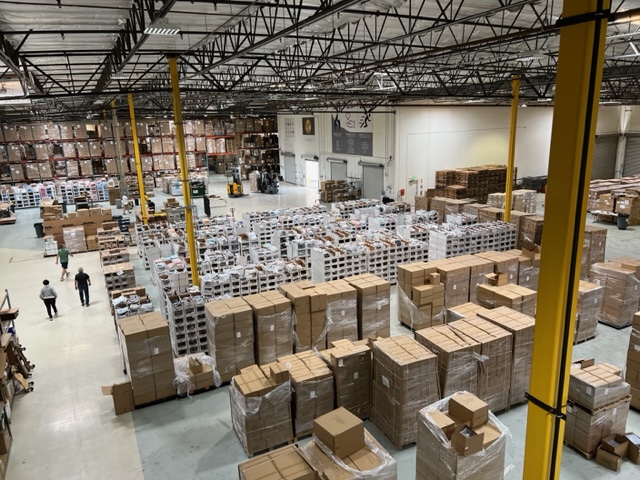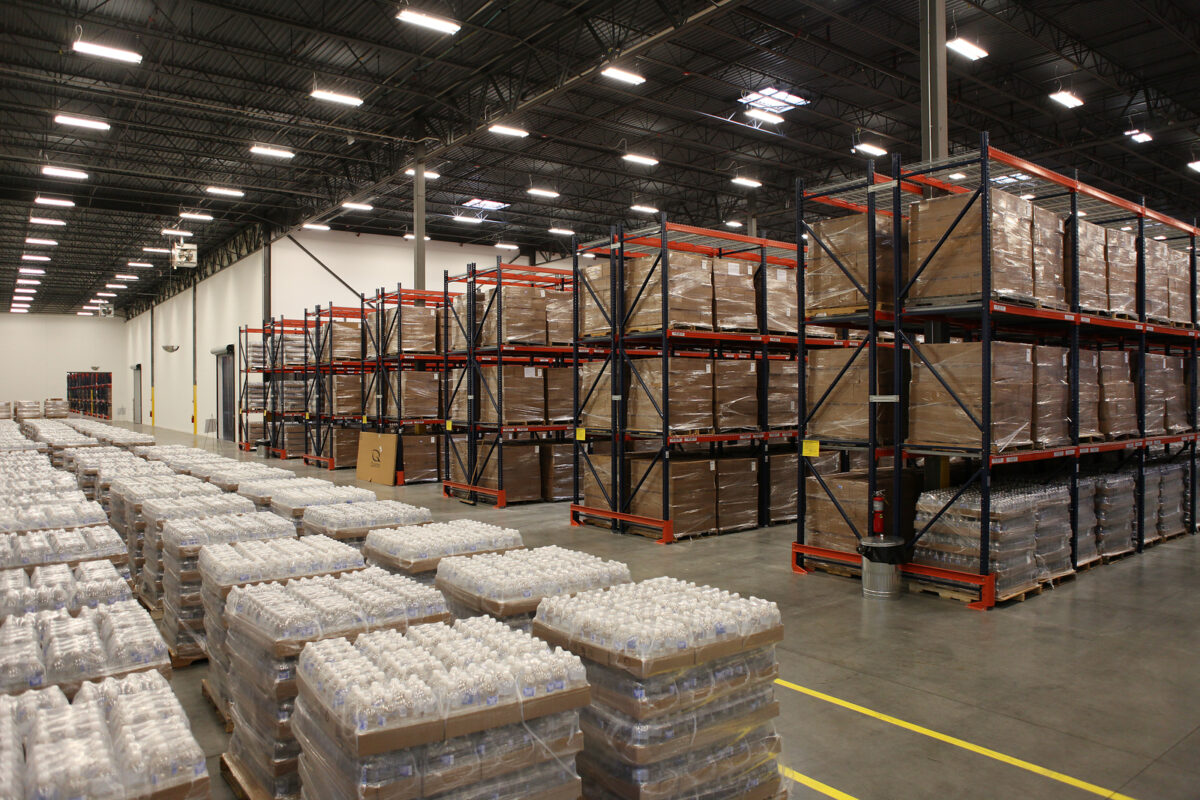-
Say Goodbye to Logistics Headaches: How to Evaluate 3PL Providers

So, you’ve finally decided to pass the baton of your storage and distribution operations to someone else. Congrats! But hold up, now comes the tough part – finding the perfect third-party logistics (3PL) provider for your business. It’s like finding a needle in a haystack, but with more trucks and warehouses involved. Good luck, my…
-
Optimizing Your 3PL Partnership: Best Practices for Effective Collaboration

As businesses continue to expand and grow, they often require the services of a third-party logistics (3PL) provider to manage their supply chain operations. A 3PL can provide businesses with a range of services such as warehousing, pick/pack, inventory management, transportation, and distribution.